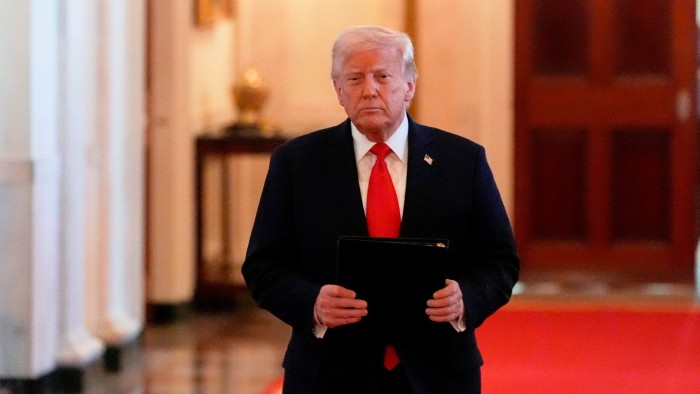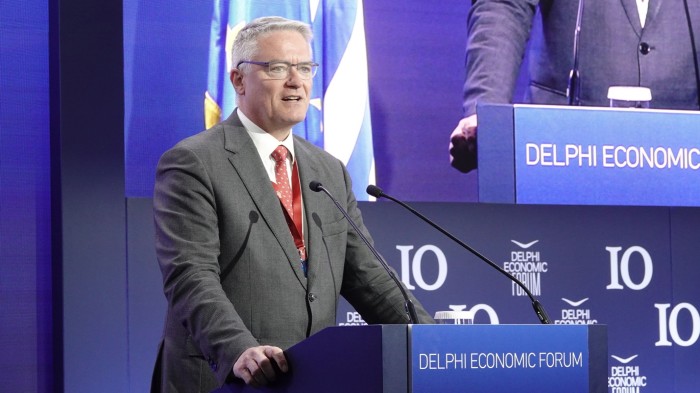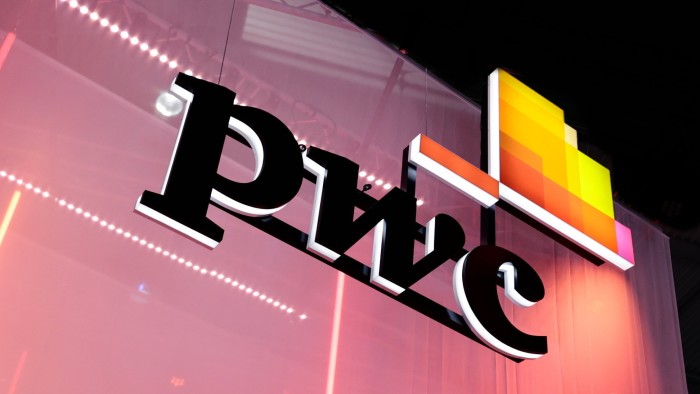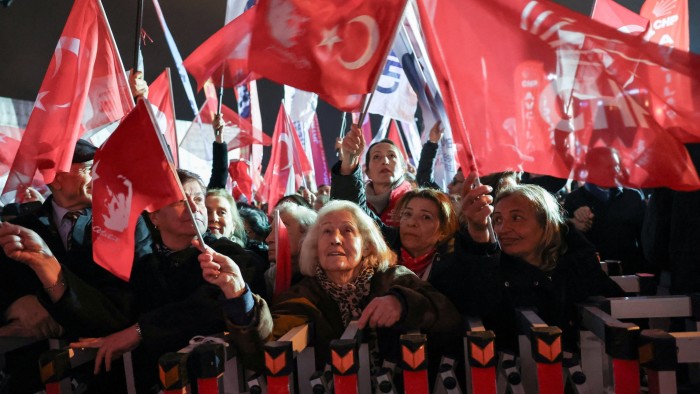Trump pledges to cut drug prices for Americans

Unlock the White House Watch newsletter for free
Your guide to what the 2024 US election means for Washington and the world
President Donald Trump has signed an executive order aimed at lowering drug prices for Americans in a move that would shake up the pharmaceutical industry in its biggest and most profitable market.
The order stops short of implementing a “most favoured nation” status, which would force drugmakers to offer their lowest prices in the world to the US. Trump has previously railed against other countries for “freeloading” on US consumers, saying that American patients are subsidising medicines that are cheaper abroad.
But a US official said on Tuesday that the government was “very focused on narrowing the delta between what the United States gets for prices versus what other developed nations do”.
The US paid about 3.2 times more for branded drugs than other developed countries in 2022, according to research by RAND healthcare for the health and human services department — the most recent data available.
The official said the executive action would “foster a more competitive prescription drug market”.
Trump’s order will direct the US drugs regulator, the Food and Drug Administration, to allow more states to import medicines directly from countries with lower prices, after Florida was authorised in January 2024 to import from Canada.
It also includes changes to the drug-pricing measures included in former president Joe Biden’s Inflation Reduction Act, which for the first time allowed Medicare, the public insurance programme for seniors, to negotiate the cost of drugs.
Most notably, in a win for the pharmaceutical industry, the order pushes for an end to the different price negotiation regimes for pills and injectables. Under the IRA, Medicare could negotiate the price of popular pills after nine years, but would have to wait for 13 until it could negotiate the price of injectables, which was criticised by pharma companies.
But the order does not say how many years drugmakers would have to wait for each category, or explain how they would avoid creating higher costs for Medicare.
In his first term, Trump announced a number of measures to try to reduce drug prices, including instructing the health and human services secretary to test a payment model for a most favoured nation policy, but this was never implemented.
The president’s order directs the FDA to clear a backlog of generic and biosimilar drug approvals by “streamlining” the approval process. It also cuts the prices of insulin and allergy injectors such as EpiPen for the uninsured and those on low incomes.
On Monday the Trump administration launched a national security probe that could lead to tariffs on pharmaceuticals — and a sharp escalation of his trade war — but a US official maintained that the drug prices could still be reduced.
“We can pursue two things at one time — making sure government payment and [intellectual property] are optimised to deliver prices that correspond with the value of a drug, and that we have a secure supply chain in case of geopolitical strife or a natural disaster,” the official said.






